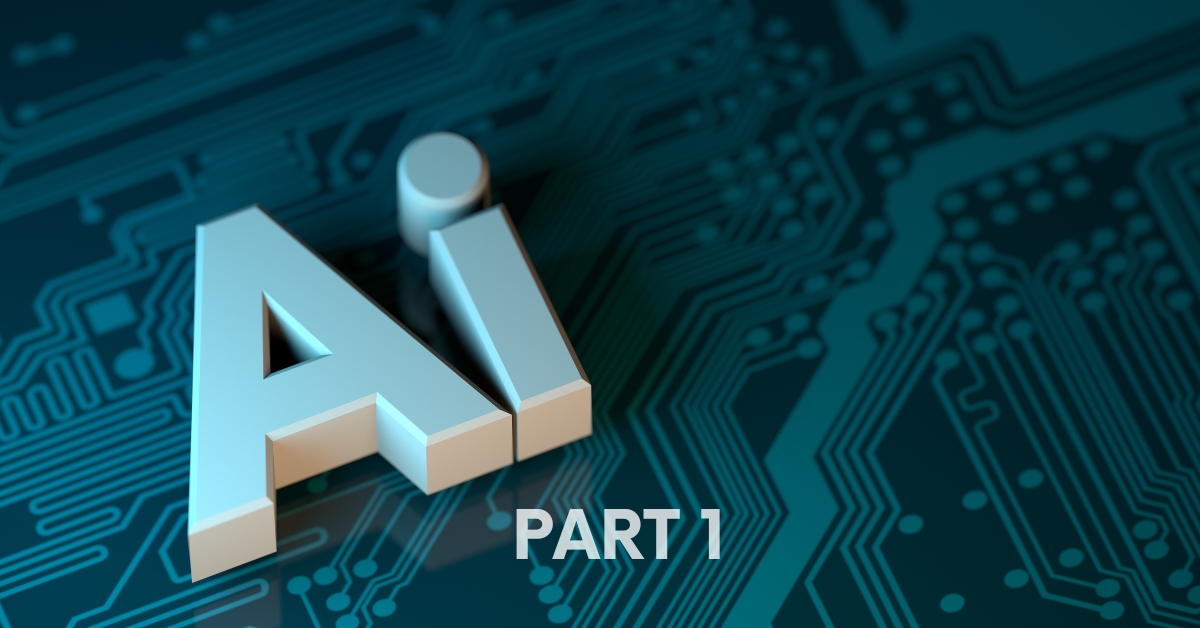Artificial Intelligence (AI) is no longer the stuff of science fiction; it’s a powerful technology reshaping industries and revolutionizing the way we live and work. From automating routine tasks to solving complex problems, AI has become a cornerstone of innovation, bringing unprecedented advantages to businesses, healthcare, education, and more.
In this blog post, we’ll explore the key advantages of AI, how it’s transforming different sectors, and why it’s poised to play an even more significant role in the future.
Automation of Repetitive Tasks
One of AI’s most immediate and impactful benefits is its ability to automate routine tasks. AI-powered systems can handle repetitive, time-consuming jobs with remarkable efficiency, freeing up human workers to focus on more strategic and creative activities. In industries like manufacturing, finance, and customer service, automation driven by AI has led to significant improvements in productivity.
The Advantages of AI: Transforming Industries and Shaping the Future
Artificial Intelligence (AI) is no longer the stuff of science fiction; it’s a powerful technology reshaping industries and revolutionizing the way we live and work. From automating routine tasks to solving complex problems, AI has become a cornerstone of innovation, bringing unprecedented advantages to businesses, healthcare, education, and more.
In PART 1 of this blog post, we’ll explore 4 key advantages of AI, how it’s transforming different sectors, and why it’s poised to play an even more significant role in the future.
1. Automation of Repetitive Tasks
One of AI’s most immediate and impactful benefits is its ability to automate routine tasks. AI-powered systems can handle repetitive, time-consuming jobs with remarkable efficiency, freeing up human workers to focus on more strategic and creative activities. In industries like manufacturing, finance, and customer service, automation driven by AI has led to significant improvements in productivity.
- Manufacturing: AI-driven robots and automated assembly lines can perform tasks like welding, quality control, and packaging with incredible speed and accuracy.
- Finance: AI systems can process vast amounts of data, handle transactions, and even assist with auditing, cutting down time and reducing the margin of error.
- Customer Service: AI-powered chatbots and virtual assistants can handle routine inquiries, 24/7, offering instant responses and reducing wait times for customers.
2. Data Analysis and Insights
AI analyzes vast amounts of data quickly and accurately, uncovering patterns, trends, and insights that would be impossible for humans to detect manually. This ability has transformed industries that rely on data for decision-making, such as finance, marketing, and healthcare.
- Personalized Marketing: AI can analyze customer data to create highly targeted marketing campaigns, improving engagement and conversion rates. Companies like Amazon and Netflix use AI to recommend products and content based on user preferences, driving customer satisfaction and loyalty.
- Healthcare: In the medical field, AI systems can process complex data from patient records, medical images, and genomic research to identify disease patterns, improve diagnosis accuracy, and recommend personalized treatment plans.
3. Improved Customer Experiences
AI has transformed the way companies interact with their customers, enhancing the overall customer experience. AI tools like chatbots, recommendation engines, and natural language processing (NLP) systems allow businesses to provide faster, more personalized services.
- 24/7 Support: AI-powered chatbots can assist customers at any time, handling queries, booking appointments, or troubleshooting problems without human intervention. This ensures that customers receive support whenever they need it.
- Personalization: AI can tailor the customer experience based on individual preferences and behavior. Whether it’s suggesting a product, curating content, or sending targeted offers, AI helps businesses build deeper, more personalized relationships with their customers.
4. Enhanced Healthcare
AI is driving major advancements in healthcare, from diagnostic tools to patient care management. Machine learning algorithms can analyze medical images, predict patient outcomes, and assist in drug discovery, accelerating the development of new treatments.
- Early Detection and Diagnosis: AI systems are used to detect diseases such as cancer at an early stage by analyzing medical images or genetic data. For instance, AI algorithms can identify subtle patterns in MRI scans or X-rays that are often missed by the human eye.
- Drug Discovery: AI is also speeding up the process of drug discovery by analyzing biological data to identify potential compounds, reducing both the cost and time needed for development.
- Personalized Medicine: AI can analyze a patient’s genetic information, medical history, and lifestyle to recommend treatments that are tailored to their unique profile, increasing the chances of successful outcomes.


